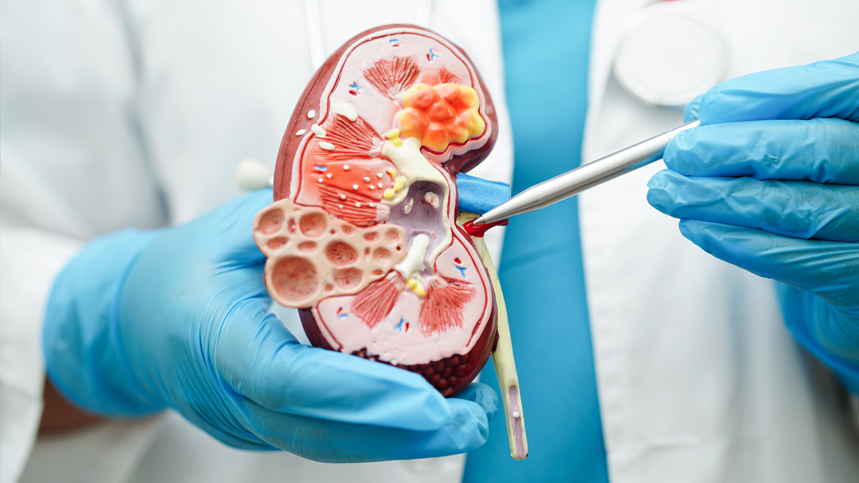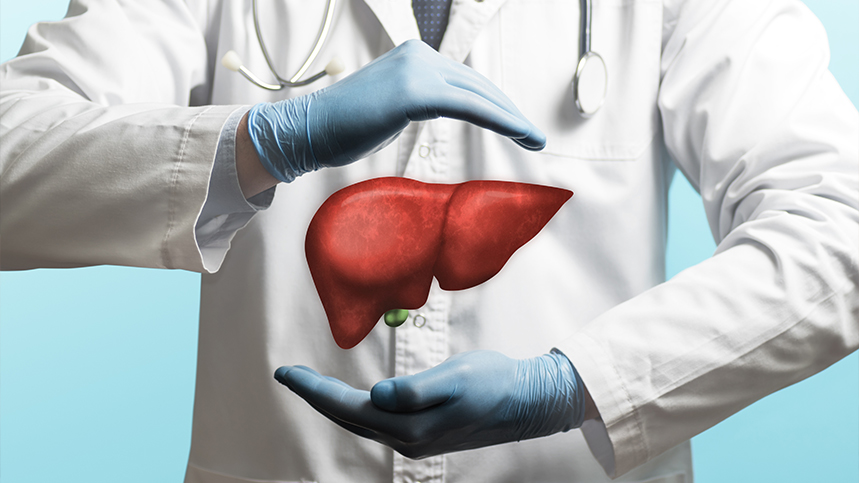Healthy kidneys play an important role in filtering harmful toxins and waste products from the blood while retaining essential nutrients. Proteinuria is a medical condition where protein is found in urinary excretions. It is a serious medical issue that often goes unnoticed until it has caused extensive damage to the kidneys.
Proteinuria can be caused by several factors, including high blood pressure, diabetes, inflammation, certain medications, and hereditary kidney disorders. It can also occur as a result of infections, tumors, and auto-immune disorders. In some cases, proteinuria can be a symptom of kidney disease. It’s important to seek medical advice if you experience any of the symptoms of proteinuria.
Symptoms
One of the most common symptoms of proteinuria is the presence of foamy urine. This is often a good indication of protein leakage, especially when accompanied by swelling in the legs or ankles. Another common sign is high levels of protein in the urine after a blood test. Some people may also experience fatigue, nausea, and vomiting, which are additional symptoms of kidney damage.
Treatment Options
The treatment options available for Proteinuria will depend on the primary cause of the condition. Doctors may prescribe medications to lower blood pressure, reduce inflammation, or manage underlying conditions like diabetes. It’s important to keep a close eye on your blood sugar level and blood pressure if you have diabetes or high blood pressure. In some cases, a low-protein diet may be recommended to lessen the strain on the kidneys and reduce protein excretion in the urine.
In addition, making certain lifestyle changes can help prevent further kidney damage. Such changes include quitting smoking, maintaining a healthy weight, and avoiding excessive alcohol consumption. Staying hydrated throughout the day, getting enough exercise, and reducing stress can also be beneficial.
Conclusion
Proteinuria is a serious medical condition that should not be ignored. Recognizing the early symptoms of proteinuria and seeking medical attention can help prevent further kidney damage and improve overall health in the long run. By following a healthy lifestyle and adhering to the medical advice of your doctor, you can protect yourself against kidney damage and maintain kidney function. So, it’s better to stay alert and take care of your health.










